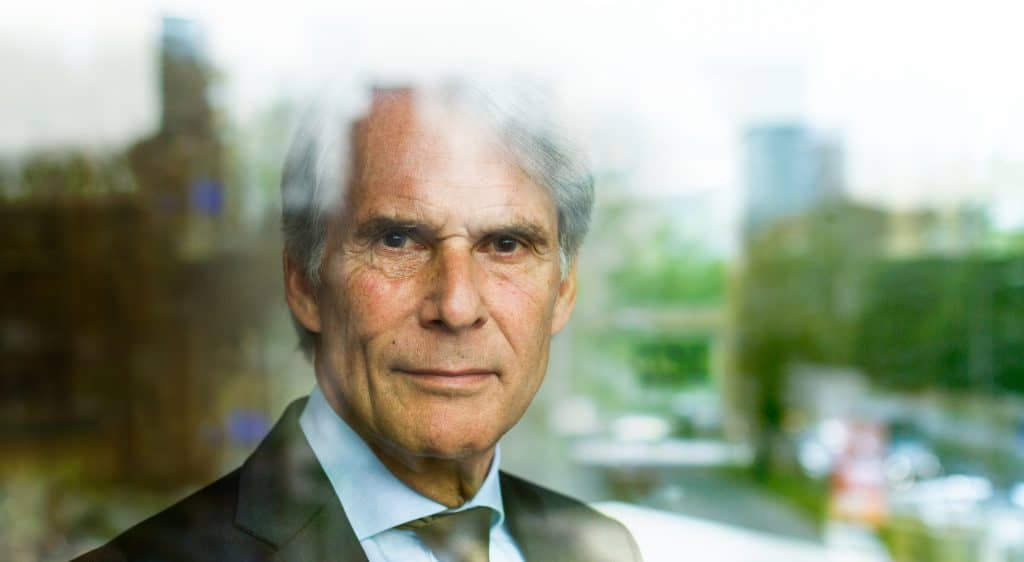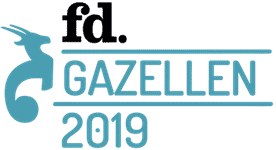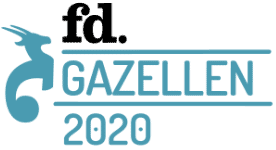Who is Dick Berlijn?
“I have spent an important part of my working life in the military. I started as a fighter pilot and ended up as commander of the armed forces. That, of course, shaped me to a large extent. But I am also a husband, a father and now also a grandfather. This still shapes who I am every day”.
What will you be doing at Hague?
“At Hague, I will mainly focus on issues such as cyber security, safety, crisis management, strategy formation, leadership, etc. I hope to be able to use my knowledge, experience and network to best advise Hague’s clients”.
Why did you say ‘yes’ to the request to become an associate?
“Stakeholders come to Hague to gain more influence on processes that are important to them. To be able to give that advice, you need to know the world in which those processes are unfolding. Hague has many experts in the field of climate, food, health, technology, and crisis management and is, therefore, able to provide sensible advice. The way Hague operates appealed to me and that is why I gladly accepted the request to become an associate partner”.

What knowledge and experience do you mainly bring with you that are of interest to clients in The Hague?
“At the Ministry of Defense, it is vital to be able to keep an eye on the “big picture”. When faced with rapidly changing circumstances, you must be able to prioritise and make informed decisions. Taking a step back helps uncover things that should be included in the analysis. I think this is also very relevant for our customers. In addition, after my career at the Ministry of Defense, I worked for 8 years at Deloitte in the field of cybersecurity. I also hope to be able to use that experience for our relations.”
We are still amid a pandemic. For many organisations perhaps their biggest crisis to date. What lesson have you learned from this pandemic?
“If we are going to take a deeper look into the Covid-19 crisis in the future, the two important conclusions will, in any case, be drawn: firstly, that we were not well prepared and secondly that a crisis such as this requires central management. The best crisis management takes place before the crisis, because vulnerabilities, possible scenarios, response options have been thought through in advance, to ensure that there is a well-trained crisis team and that there is occasional practice. Precisely by practising, you can see whether the plans work and make sure people are aware of their responsibilities. That was clearly lacking, and we must learn from that”.






